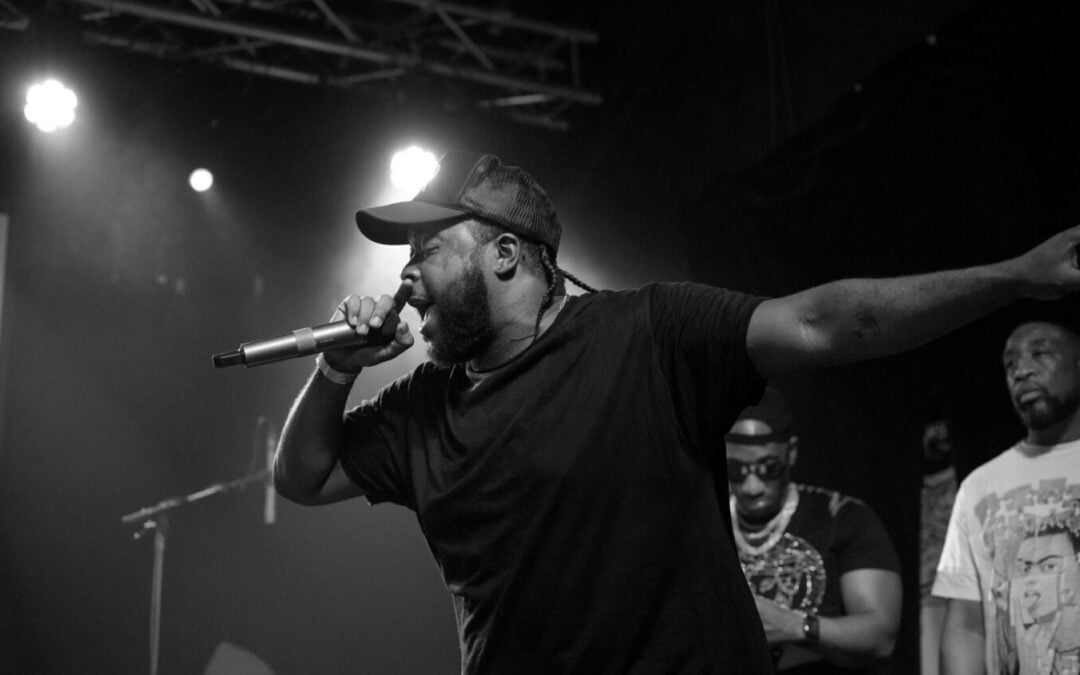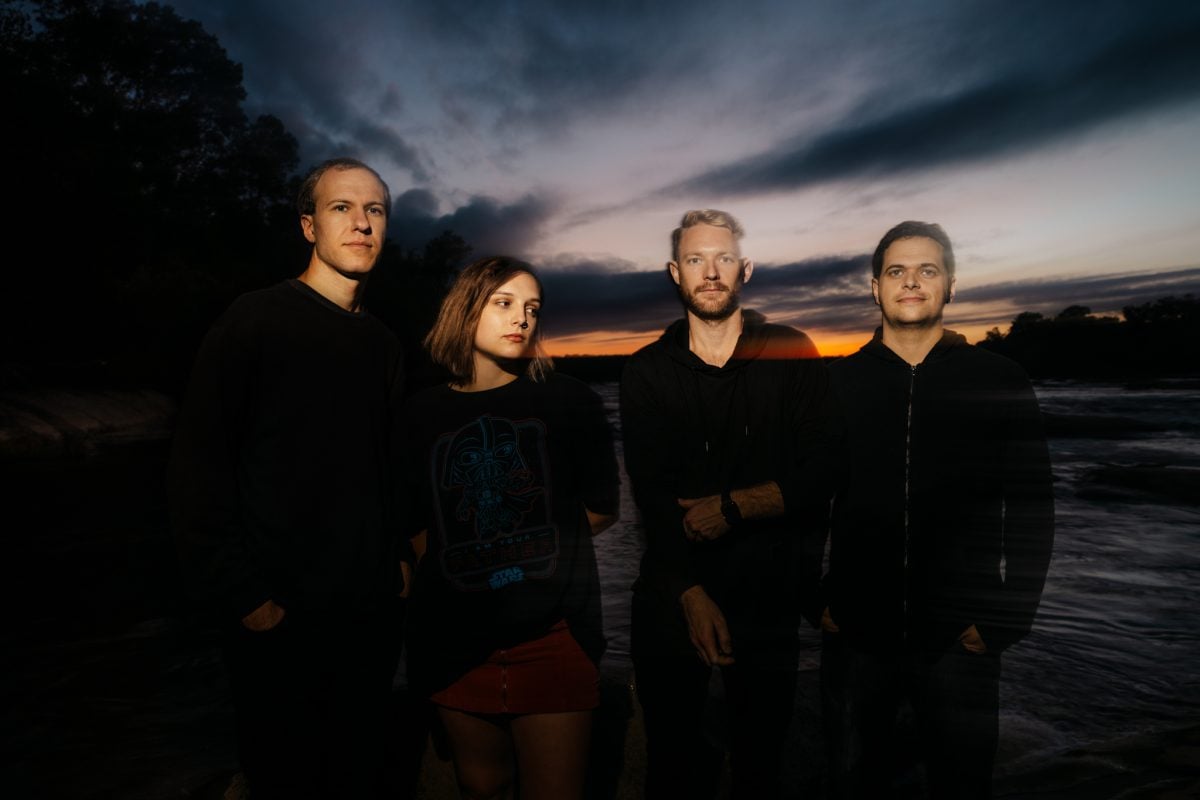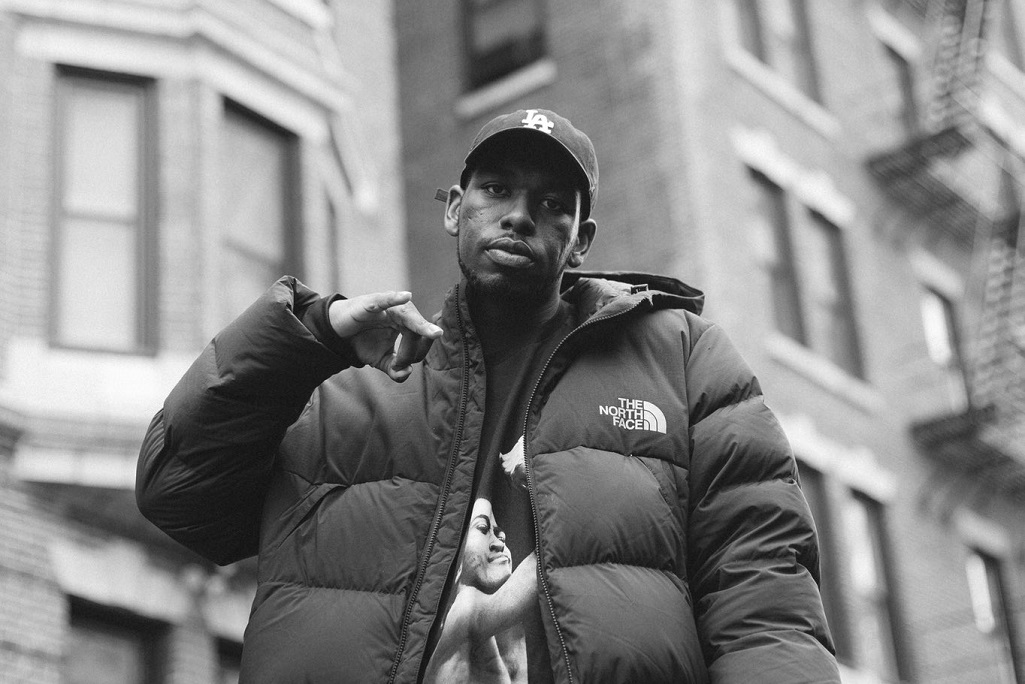On Dec. 10, the eighth installment of Flag On The Moon (FOTM)—the brainchild of Richmond hip-hop legend Radio B—returned to The Broadberry. The intergenerational hip-hop showcase invites the city’s best MCs to grace the stage. Blaine Cooz by Christian...





